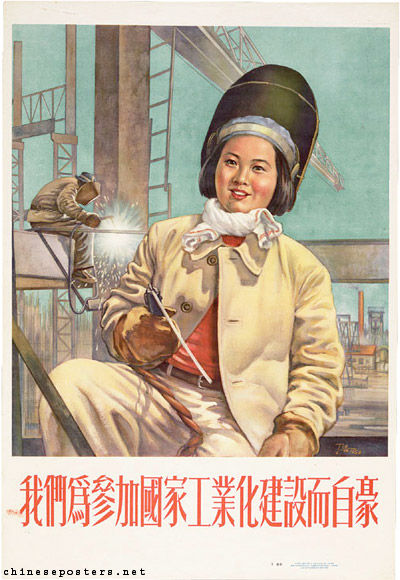Naked Chest against Domestic Violence
- Grace G.
- Apr 30
- 2 min read
The Naked Chest against Domestic Violence (DV) movement from 2012-2015 was the first major digital campaign on Weibo that featured nudity, inherently extreme body politics (Hou 2020). It began with a petition calling for 10,000 signatures to facilitate anti-DV legislation in China. Signatures were collected both online and offline. A week later, when the petition was dying out, one young activist, Xiao Meili, posted a picture of her shirtless with "Shameful to commit DV; Pride in having flat chest. Collecting Signature for Petition on Legislation of Anti-DV" written on her chest to bring attention back. It proceeded to go viral on Weibo, inspiring a variety of activists to join and post similar pictures. They even wrote different things on their chests to incorporate their own personal stories.

It's not hard to believe that the movement was incredibly controversial. Nudity is inherently sensational, which is good for reaching more people on social media. In a sense, it also allows women to reclaim their autonomy. Additionally, the movement was successful; a new Anti-DV Law went into effect in March of 2016. However, choosing the nudity route has its downsides. To some extent, the internet is full of nudity and its possible that it will no longer be sensational on its own, requiring feminists to go even further to get an audience. Also, these pictures won't be circulated on official news because they go against guidelines. In this case, the movement had a meaningful impact, but that doesn't hold true for future movements that are similar. It could very easily develop into performative activism, where visibility is achieved but actual results are not.
References
Hou, Lixian. “Rewriting ‘the personal is political’: Young Women’s Digital Activism and new
feminist politics in China.” Inter-Asia Cultural Studies, vol. 21, no. 3, 2020, pp. 337–355, https://doi.org/10.1080/14649373.2020.1796352.
“Naked Truth Used to Combat Domestic Violence.” China Daily, China Daily, 12 Dec. 2012,



Comments